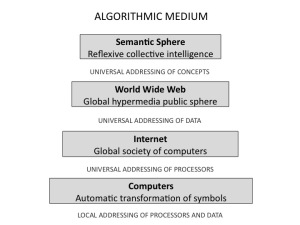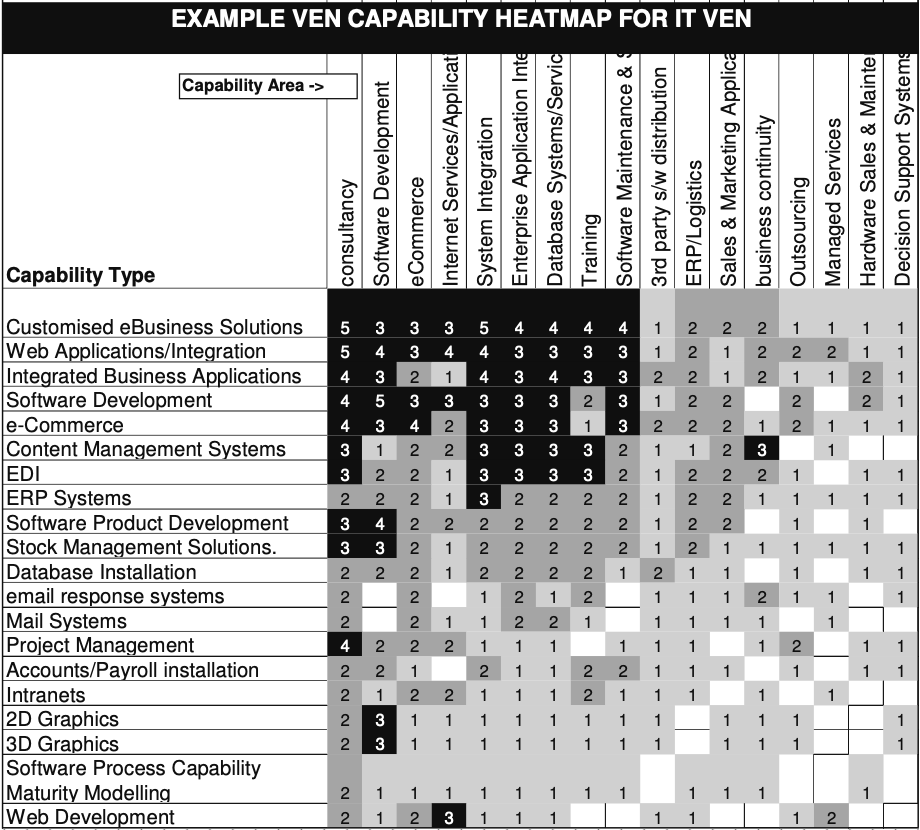I believe it plays a crucial enabling role in such a possibility, however much like the existence of GNU/Linux and other user freedom respecting operating systems, it doesn’t magically solve problems caused by other such magical systems we humans have created like money, law, and politics.
My personal choice would be in a cunning way following the teachings of Blackadder  By that I mean provocative and fun but also brutally honest and effective. Quick and smart, deals with the problem so we are free to move along and deal with the next one. Wow, didn’t think I’d think about Blackadder that deeply lol
By that I mean provocative and fun but also brutally honest and effective. Quick and smart, deals with the problem so we are free to move along and deal with the next one. Wow, didn’t think I’d think about Blackadder that deeply lol 
It is my belief problems have grown from the distance between value creator and value extractor/exploiter and whilst I agree with @Brooks notion of this creating more robust social accountability, I don’t have the belief that it’s enough to provide the sheer amount of change there needs to be in the time that it’s needed to be done.
I say this from my experience in the commercial world where it seems to me there’s a dichotomy between good intentions and commercial success. There’s a whole wealth of good stuff being built and done by a huge amount of people however what seems to ‘win’ and thus have the most power is the opposite.
What systems like Holochain and the work of people as @Brooks mentions as well as others like Ken Thompson with his BioTeams do aligning technology and business models with the way the natural world operates, leveraged with the work Pierre Levy does creating a calculable layer enabling Collective Intelligence provides everything needed to have a radically different way of existing.
IEML - Information Economy Meta Language:


This is why I believe we need to be cunning. Like trojan horse cunning. I spent the last decade and a bit talking to a brick wall about the benefits of collaborative business [things like the sum being greater than the parts, hours-based agency model cause many problems by not matching skills properly, differing incentives to sell, duplication of work, increasing tragedy of the commons, and lots else I won’t try to explain here!], gaining interest for sure, however when it came down to it the only thing that actually worked and moved it along was the outcome of it - the sales, going up and giving someone their ideal client and project. Recently it hasn’t even needed to be that, just any business.
So like I was mentioning in another thread about ageing at home in your community, creating and launching small enterprise ventures that leverage the uniqueness of Holochain for a current problem that customers are willing to pay for starts to install this decentralised human operating system without trying to sell people on the idea of mutual credit or decentralisation, that is done through the results they experience. Then it grows from there [clarification: so because the operating system is now installed, new currencies have the opportunity to emerge as opposed to being designed upfront - not saying that can’t be done as well though, however most peoples focus and concern at the moment is how to exist fully in the current system, so some kind of bridging system needed].
Also this ties into issues like the legality and ownership of data in your own home, and a whole world of other stuff that couldn’t happen in a current system. Like having local delivery networks, support networks, and so on - all these sorts of things if created in a non-agent centric way would need to individually be sustainable and thus either not exist because they wouldn’t be financially viable, or end up having to be done for free by volunteers and no mutual credit system would help solve the underlying problems as well as eliminating them would.
So, cunning application in the Real World is my bet for magically solving climate change issues. Certainly isn’t going zero carbon, I’m kinda addicted to the stuff 

 By that I mean provocative and fun but also brutally honest and effective. Quick and smart, deals with the problem so we are free to move along and deal with the next one. Wow, didn’t think I’d think about Blackadder that deeply lol
By that I mean provocative and fun but also brutally honest and effective. Quick and smart, deals with the problem so we are free to move along and deal with the next one. Wow, didn’t think I’d think about Blackadder that deeply lol 

